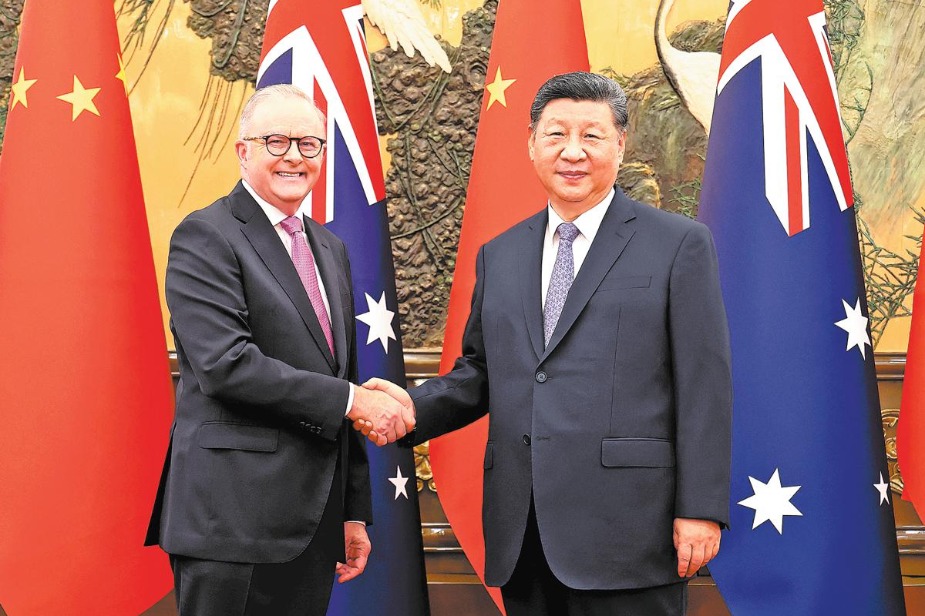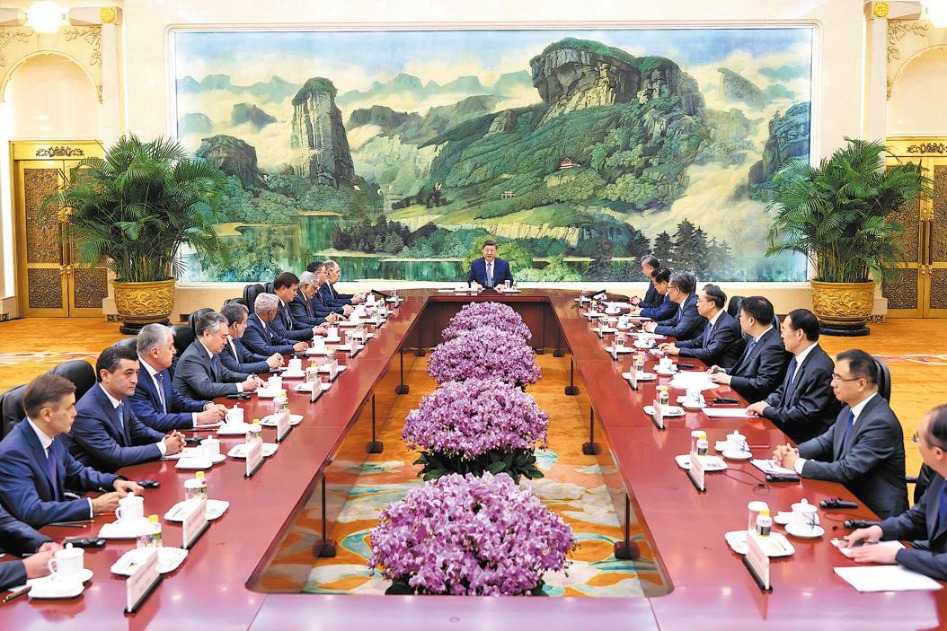ESG push - HK investors still out of the loop

HK's sustained drive to lift corporate governance hasn't been convincing
Almost two years after Hong Kong's stock market regulator cracked the whip, requiring locally listed enterprises to come clean about their environmental, social and governance (ESG) information, companies have still failed to come to grips with it, or are deficient in the practice.
Local investors are also said to be slow in adopting the ruling in their investment mandates.
Hong Kong Exchanges and Clearing Ltd had, way back in early 2016, stipulated that companies listed in the SAR must either comply with the ESG reporting guide every year or publicly justify why they fail to do so.

The requirement is in line with the new Companies Ordinance enacted in March 2014, incumbent on all Hong Kong-listed companies to adhere to ESG reporting, which is aimed at gauging corporate performance not only in terms of financial gain, but also based on shared values, management structure, workplace quality, environmental protection, community involvement and social impacts.
Although ESG reporting is mandatory for locally listed enterprises, Hong Kong investors remain largely unaware of it in the investment process.
According to the Schroders Global Investor Study 2017 released in October and which covered more than 22,000 investors across 30 markets, Hong Kong investors are lagging behind their global and Asian peers in ESG adoption and sustainability behavior.
Some 55 percent of Hong Kong retail investors polled said they had increased their sustainable investments in the past five years - lower than those of their Asian counterparts (68 percent) and investors worldwide (64 percent). The figure for the city's institutional investors is even more shocking, with only 7 percent of them having upped their sustainable investments over the same period - far lower than the global figure of 48 percent and Asia's 33 percent.
"Despite growing awareness, Hong Kong investors may still have some way to go in fully understanding and adopting sustainable investments to ensure they meet their long-term investment objectives," said Chris Durack, chief executive officer at Schroders Hong Kong.
"Just relying on corporate financial information and missing their ESG performance sometimes may mask investment risks. ESG integration in the investment mandate actually can help trim investment risks and explore new investment opportunities," Mary Leung Ka-yan, Asia Pacific head of standards and advocacy at the CFA Institute, told China Daily.
"Global investors have invested $23 trillion in securities according to the ESG principles, whereas Asia only accounts for a small fraction of the total investment because of the lack of ESG awareness and little client demand for ESG investing in the region," she noted.
A notable example of corporate governance failure recently involved Kobe Steel - Japan's third-largest steelmaker - which admitted having falsified steel product quality data, possibly, for as long as a decade. The scandal sparked a free fall in Kobe Steel's share price, resulting in a tremendous slump in the company's market capitalization.
The Kobe Steel crisis marked the latest in a string of recent scandals to hit prominent Japanese companies. They included cases of falsified data at Nissan Motor and Mitsubishi Motors, while airbag maker Takata filed for bankruptcy in June over faulty airbags blamed for several deaths and injuries. Semiconductor conglomerate Toshiba is still struggling to recover from an accounting scandal that began in 2015.
In 2015, it was revealed that cars of German auto giant Volkswagen sold in the United States were caught up in an ignominy involving emission discrepancies.
While Hong Kong investors have been slow in incorporating ESG principles in investment mandates, there's still room for improvement by public companies.
Global public accounting group BDO issued a report in July this year on ESG practices of 300 Hong Kong-listed enterprises. Although 70 percent of them divulged their ESG data, less than half included information on the assumptions made, or how they had come up with the information. Only 40 percent provided historical data for performance tracking.
The report showed that just 7 percent of the companies polled had obtained independent assurance of their ESG data, of which only 45 percent had assured the whole report and the remainder only specific sections or data only.
The companies surveyed are also not adequately managing risks, as over 80 percent of them lack a comprehensive strategy, an ESG committee or responsible employees, to deal with related matters .
Regarding brand-building and customer trust, the survey revealed that 40 percent of the respondents failed to disclose whether they had concluded any corruption case during the operating year. Less than 10 percent of them supported enhancing the ESG performance of their suppliers.
"The pace of adoption for listed companies depends very much on whether they have allocated resources on ESG practices, management's commitment and how ESG practices can be integrated into their businesses," BDO Director and Head of Risk Advisory Ricky Cheng Man-hong told China Daily through an email enquiry.
Large-scale listed enterprises have more resources to be deployed for ESG reporting, while small listed companies are still struggling to satisfy ESG reporting needs. For local family-held listed companies, there's still room for improvement in some aspects of corporate governance.
The CFA Institute - the US-based global association of investment professionals - also found that, in some listed companies, the positions of chairman and CEO are not totally separate, and not all company committees have independent non-executive directors.
BDO recommended that listed companies develop a comprehensive ESG governance framework and conduct materiality assessment; identify compliance gaps and obtain independent assurance; state ESG data collection methods and provide meaningful comparative data; track and disclose environmental data; and adopt highlight cost-saving ESG measures to quantify the positive impact of ESG achievements on a company's long-term value.
oswald@chinadailyhk.com

(HK Edition 12/01/2017 page8)
Today's Top News
- ASEAN accelerates de-dollarization
- Xi: China, Russia to promote just, equitable intl order
- Why China still anchors global supply chains
- Xi lays out priority tasks for urban development
- Economic growth momentum expected to continue
- Tianzhou 9 embarks on cargo mission to Tiangong






























